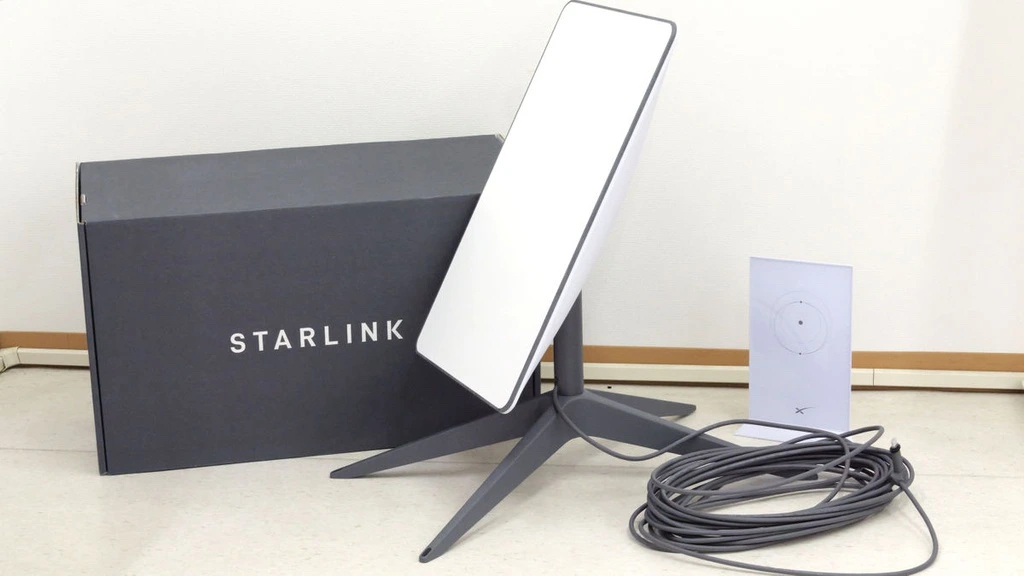The entry of Starlink into Zimbabwe’s telecommunications market has raised concerns about an uneven playing field, particularly regarding the tax and regulatory burdens faced by local providers such as Econet, NetOne, and Telecel.
While Starlink offers expanded broadband services to underserved areas, its favourable tax treatment is seen as a potential threat to local competition. Industry insiders note that Starlink benefits from a streamlined tax regime, unlike local companies that face significant financial obligations.
Local telecom providers are subject to several sector-specific taxes and fees, including:
- A 15% withholding tax on imported broadband services, a significant financial burden, especially since Starlink relies on satellite-based services.
- A 10% special excise duty on airtime sales, in addition to Value Added Tax (VAT).
- Unspecified annual spectrum fees, adding unpredictability to yearly costs.
- A monthly licensing fee of 2% of total revenue.
- A 1.5% contribution to the Universal Services Fund (USF), to support broader telecom infrastructure development.
Perhaps the most notable difference is in operating license costs. Zimbabwe’s largest telecom provider, Econet paid US$137.5 million for a 20-year public mobile cellular license. In contrast, Starlink paid just US$530,000 for a similar period, a discrepancy that has sparked outrage among local providers.
These discrepancies have fueled complaints from Zimbabwean telecom companies, which argue that they are being placed at a competitive disadvantage. Burdened by high operational costs, local providers are forced to pass these costs on to consumers through inflated prices and are constrained in their ability to invest in network expansion.
A recent analysis by Techzim highlights that companies like Econet, despite their market dominance, are struggling with inflation, foreign currency shortages, and stringent regulatory requirements, which limit their ability to innovate and improve infrastructure.
Moreover, they face complex import duties for equipment and must make substantial capital investments to maintain services.
In contrast, Starlink’s satellite infrastructure allows it to bypass many of these challenges, intensifying concerns about the competition’s fairness.
However, not everyone views Starlink’s entry as a threat. Public policy analyst Effie Ncube believes Starlink represents a much-needed shift in Zimbabwe’s telecommunications landscape.
“Starlink is going to make telecommunications services more affordable and accessible, reaching areas that local providers have neglected,” Ncube said, emphasizing Starlink’s broader geographic coverage.
He criticised local telecom companies for offering substandard services while overcharging consumers. “Our local companies have been exploiting struggling Zimbabweans with poor network coverage and inflated prices,” Ncube added.
Ncube sees Starlink as a win for consumers, arguing that the tax issue is merely a smokescreen for local providers unwilling to face competition.
While the lighter regulatory burden may pose challenges for local companies, Starlink’s entry could significantly improve broadband access, especially in rural and underserved regions where local providers have yet to establish reliable services.
Still, Ncube acknowledged that Zimbabwe’s pervasive poverty remains a major obstacle. “Starlink may reach every corner of the country, but affordability remains an issue,” he said, pointing out that without better disposable incomes, many Zimbabweans may still struggle to access the service.
As Starlink’s services expand, the debate over tax parity is expected to intensify. Local telecom companies, already grappling with financial challenges, will need to adapt to a market where competition is no longer limited to domestic players.
The government may be forced to reevaluate its regulatory framework to ensure that both local and international companies contribute equitably to Zimbabwe’s telecommunications infrastructure and economic growth. For now, consumers are likely to benefit from increased coverage and potentially lower prices, but the long-term impact on the local telecom industry remains uncertain.
The Postal and Telecommunications Regulatory Authority of Zimbabwe (POTRAZ) has yet to respond to requests for comment.

